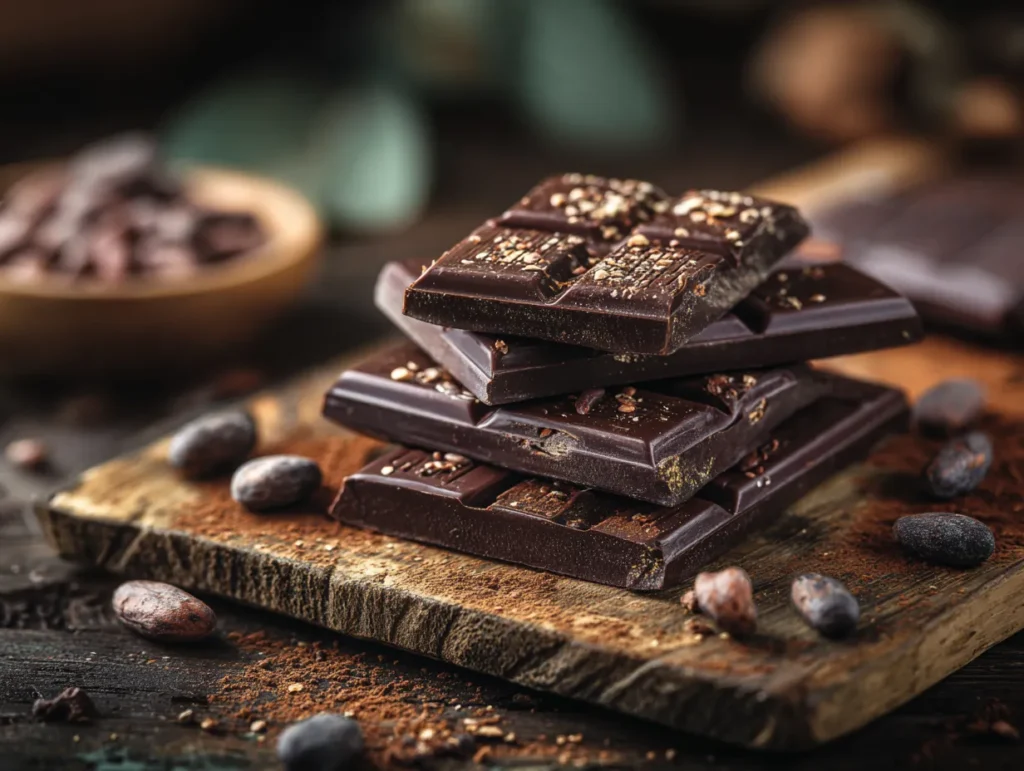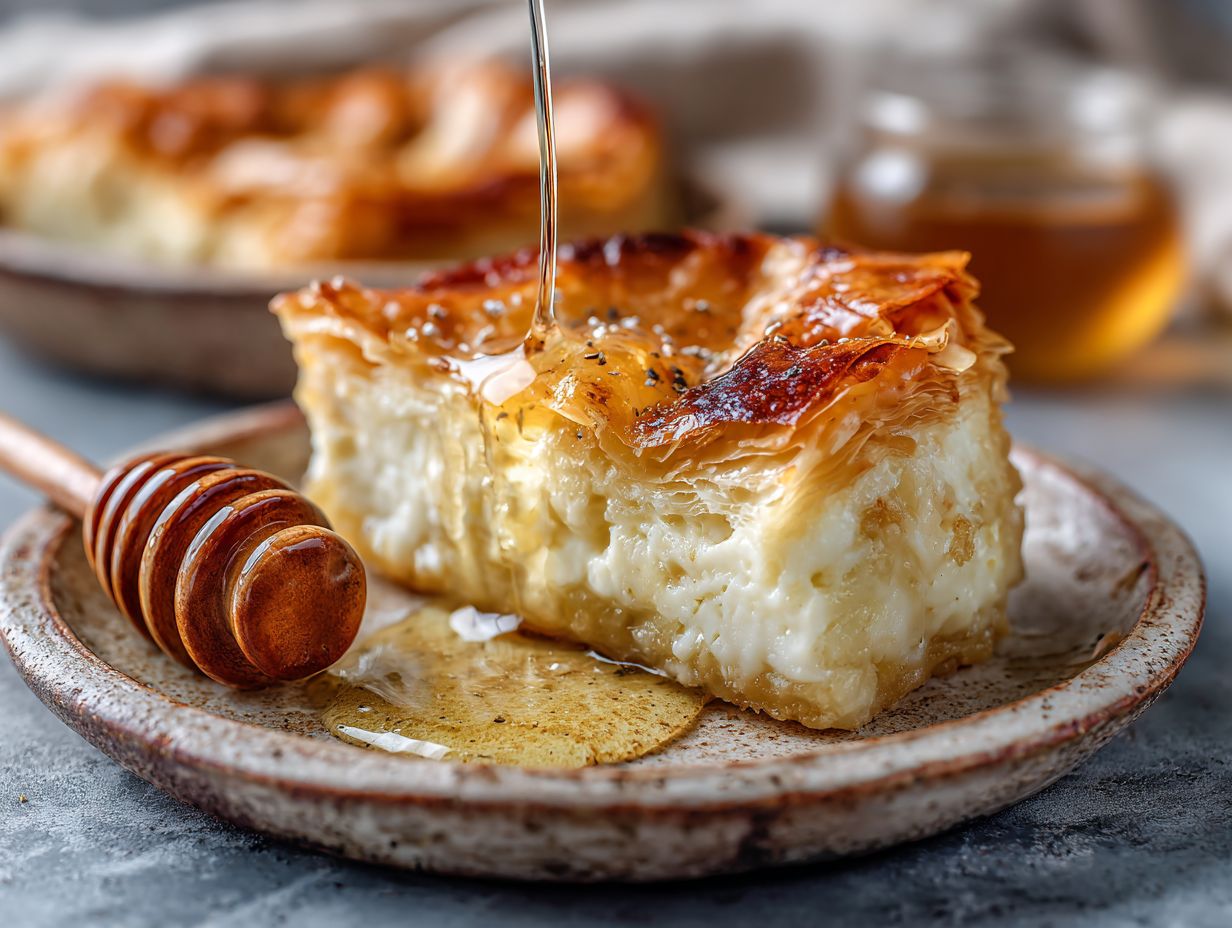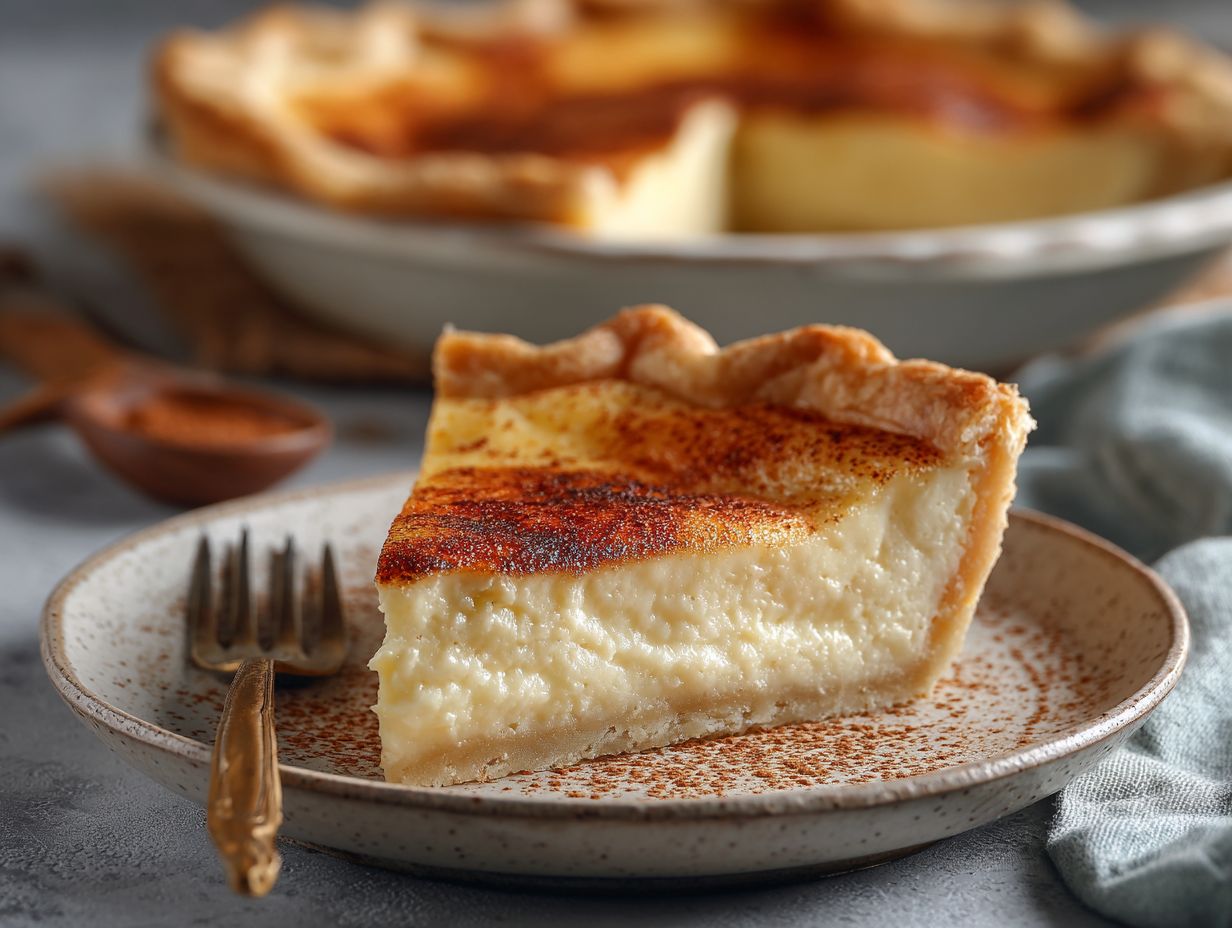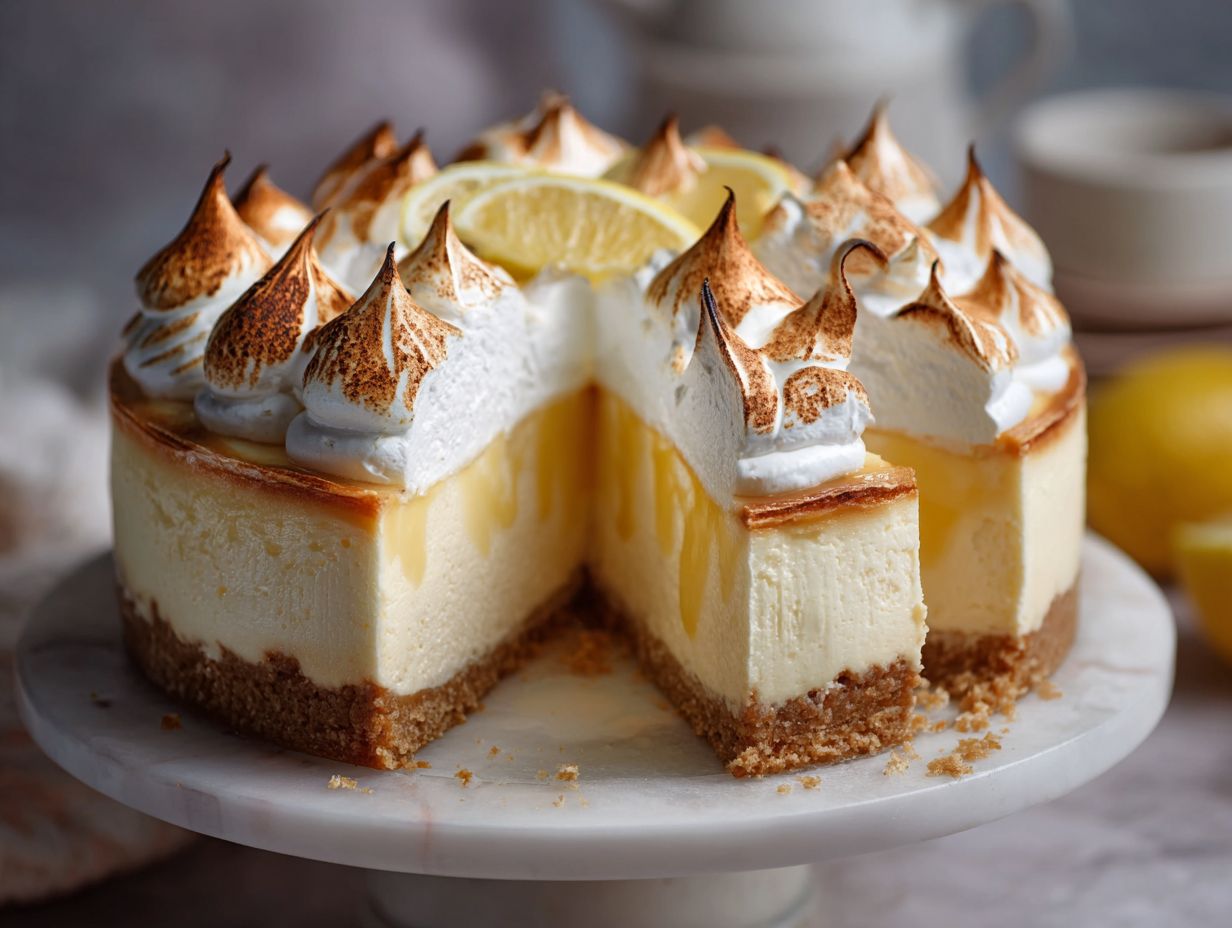By Chef James — Tiramisucake.com
If there’s one pantry ingredient I reach for almost every single day, it’s vegan chocolate. I still remember the first time I tasted it—years ago at a small café in Portland. The barista handed me a square of rich, silky dark chocolate and said, “No dairy. Just cacao magic.” I took one bite and immediately realized something: vegan chocolate isn’t a compromise… it’s an upgrade.
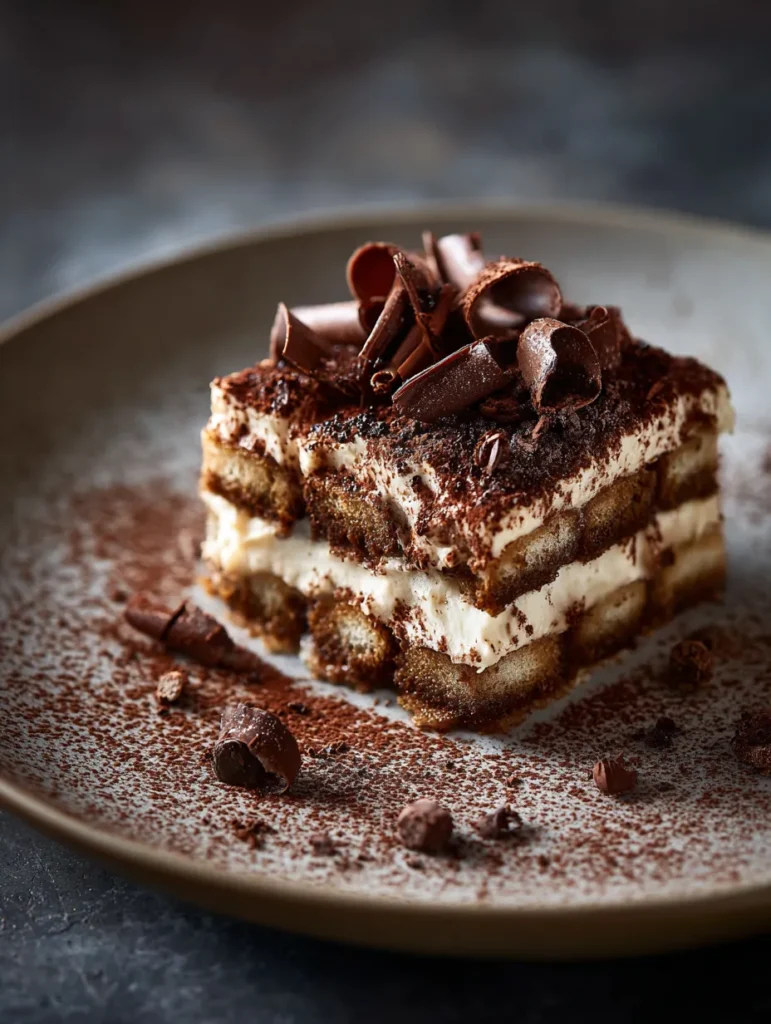
Today, vegan chocolate isn’t just for plant-based eaters. Busy parents, home bakers, allergy-sensitive families, and even professional pastry chefs are turning to dairy-free chocolate for its clean flavor, smooth melt, and incredible versatility. It’s become a superstar in everything from vegan chocolate mousse, to brownies, to frostings, and even elegant desserts like our vegan tiramisu.
On Tiramisucake.com, I’ve created a full collection of plant-based treats, including my fan-favorite vegan chocolate sheet cake—a true classic for parties and potlucks. If you’re looking for more inspiration, don’t miss our guide to dairy-free desserts packed with easy everyday ideas.
As always, I rely on E-E-A-T values: decades of cooking experience, evidence-based guidance, and official safety recommendations from the **USDA. when it comes to allergens and proper chocolate storage.
So grab a warm drink, settle in, and let’s explore everything you need to know about vegan chocolate—from how it’s made, to how to choose the best bar, to how to bake with it like a pro.
Table of Contents
ToggleWhy You’ll Love Vegan Chocolate
- Rich, indulgent flavor without dairy or additives.
- Naturally smooth melt, perfect for baking and dipping.
- Allergy-friendly for anyone avoiding milk or lactose.
- Ethical and sustainable, often produced with fair-trade cacao.
- Perfect for vegan and dairy-free baking, including brownies, frostings, and truffles.
- Widely available in bars, chips, drops, and baking chocolate.
- Kid-friendly and family-approved—most people can’t tell it’s vegan.
- Great for creamy desserts like vegans chocolate frosting and mousse.
- A healthier option compared to conventional milk chocolate.
👉 What’s your favorite way to enjoy dairy-free chocolate—baking, snacking, or stirring into hot cocoa?
What Is Vegan Chocolate?
At its core, vegans chocolate is simply chocolate made without any animal-derived ingredients, especially dairy. Traditional milk chocolate contains milk powder, whey, butterfat, or cream—none of which appear in vegan options.
The foundation of chocolate is naturally plant-based:
- Cocoa solids (the intense chocolate flavor)
- Cocoa butter (a creamy, naturally vegan fat extracted from cacao beans)
- Sugar
So in many cases, chocolate starts vegan, and non-vegan ingredients are added later. This is why the popular question “is chocolate vegan?” often has a surprising answer: sometimes yes, sometimes no.
Typical Ingredients in Vegan Chocolate
- Cocoa mass / cocoa liquor
- Cocoa butter (always plant-based)
- Cane sugar or coconut sugar
- Vanilla beans or extract
- Dairy-free milk powders (coconut, oat, or rice for vegan white chocolate)
Common Non-Vegan Ingredients to Avoid
- Milk powder
- Whey
- Casein
- Butterfat
- Cream
- Certain emulsifiers derived from dairy
Many dark chocolates (70% and higher) are naturally vegan—but not always. Some brands add milk powder for creaminess.
For safety and allergen concerns, the USDA recommends always reading labels carefully, especially for cross-contamination and “may contain milk” warnings.
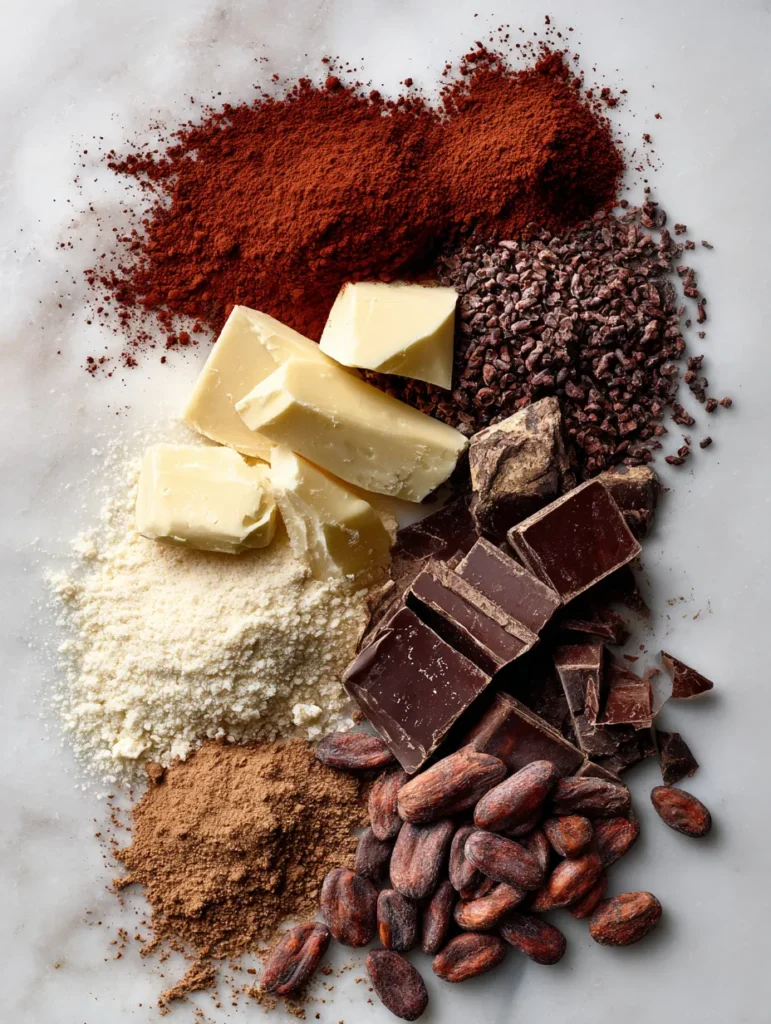
The Best Vegan Chocolate Brands
The world of vegan chocolate bars and dairy-free sweets has exploded in the last few years. Here are my top US-friendly options—great for baking, melting, or snacking straight from the wrapper.
1. Theo Chocolate
Organic, fair-trade, and rich in cacao flavor. Their 70% dark bar is naturally vegan and melts beautifully.
2. Hu Kitchen
Famous for its ultra-clean ingredients: cacao, coconut sugar, and cocoa butter—nothing more. Fantastic for vegans chocolate frosting or ganache.
3. Enjoy Life
Top-allergen-free brand with vegans chocolate chips that work perfectly in cookies, brownies, and muffins.
4. Trader Joe’s 72% Dark Chocolate
Budget-friendly and naturally vegan. Great for everyday baking.
5. Lindt EXCELLENCE 70%+
Many of their high-cacao bars are dairy-free—but always check labels.
6. Endangered Species
Ethical, sustainable, and rich. Ideal for melting into vegan chocolate mousse.
Where to Buy Vegan Chocolate in the US
- Whole Foods
- Trader Joe’s
- Sprouts
- Natural Grocers
- Costco (seasonally)
- Online shops (Thrive Market, Amazon)
Internal link opportunity:
Check out our recipes for healthy desserts for more plant-based ideas.
Vegan Chocolate vs Dark Chocolate
One of the most common questions I hear is:
“Is dark chocolate vegan?”
The short answer: not always.
Why Many Dark Chocolates Are Vegan
Dark chocolate naturally contains:
- cocoa solids
- cocoa butter (plant-based)
- sugar
That’s it. No milk required. Bars labeled 70%, 80%, or 90% cacao are the most likely to be vegan.
Why Some Dark Chocolates Are Not Vegan
Manufacturers sometimes add:
- milk fat
- whey
- butter oil
- whole milk powder
- dairy-derived emulsifiers
These additions make the chocolate smoother and milder—but not vegan.
How to Know for Sure
Look for labels such as:
- “Dairy-Free”
- “Vegan Certified”
- “No Milk Ingredients”
Avoid:
- “May contain milk” (cross-contamination risk)
- “Milk fat” or “butterfat”
Vegan Chocolate vs Dark Chocolate (Quick Table)
| Feature | Vegan Chocolate | Dark Chocolate |
|---|---|---|
| Always dairy-free | ✔ Yes | ❌ Not always |
| Can be milk-style | ✔ Yes (oat, coconut) | ❌ No |
| Best for allergies | ✔ | Sometimes |
| Flavor profile | Wide range | Usually intense |
| LDL-friendly | Often | Often |
Try using your dairy-free bars in our easy no-bake desserts for effortless treats.

How to Use Vegan Chocolate in Desserts
One of the reasons I love vegan chocolate is its incredible versatility. Whether you’re baking for a birthday party, meal-prepping snacks for the week, or whipping up a holiday dessert, dairy-free chocolate behaves beautifully in almost every situation—sometimes even better than traditional milk chocolate.
1. Baking
Vegan chocolate works wonderfully in cakes, brownies, muffins, and cookies.
- Melt it for brownies
- Fold vegan chocolate chips into doughs
- Use chopped bars for rustic texture
If you’re craving a rich, fudgy treat, don’t miss our vegan chocolate sheet cake—a reader favorite.
2. Melting & Dipping
Thanks to the natural creaminess of cocoa butter, vegan chocolate melts smoothly.
Use it to coat:
- strawberries
- pretzels
- cake pops
- homemade protein bars
Add 1 teaspoon of coconut oil for an extra glossy finish.
3. Frostings & Ganache
Vegan chocolate is fantastic for:
- silky chocolate ganache
- cupcake frosting
- cake drips
Pair it with coconut cream or vegan butter for rich, spreadable frosting.
Try it with our plant-based recipes in dairy-free desserts.
4. Mousse, Truffles & No-Bake Desserts
Mix melted chocolate with whipped aquafaba, coconut cream, or silken tofu for a gorgeous vegan chocolate mousse.
For effortless treats, use it in any of our easy no-bake desserts.
5. Layered Desserts
Vegan chocolate adds decadence to tiramisu variations like:
Whether melted, chopped, or shaved, it’s a plant-based powerhouse in any dessert recipe.
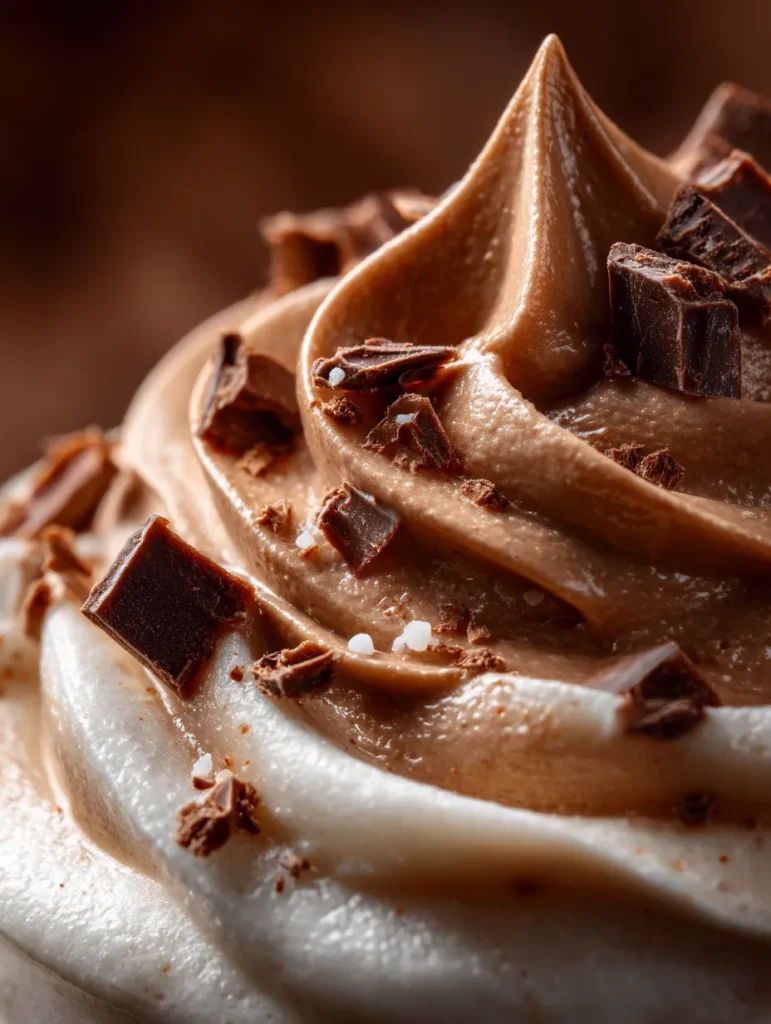
Tips & Troubleshooting (Chef James Approved)
Even though vegan chocolate is easy to work with, here are some professional tricks from my kitchen to yours:
1. Don’t Overheat
Vegan chocolate burns faster than dairy chocolate.
Melt it slowly using:
- A double boiler
- Or 50% microwave power in short intervals
2. Add Fat for Silkiness
If your melted chocolate looks thick or grainy, whisk in:
- 1 teaspoon coconut oil
- OR a small splash of warm plant milk
This restores the glossy, smooth texture.
3. Know Your Brands
Some brands melt creamier (Hu, Theo, Enjoy Life), while others are better for snacking.
For baking, choose high-cacao bars or certified vegans chocolate chips.
4. Tempering Vegan Chocolate
If you want a shiny finish for dipped treats, tempering is your friend.
Heat → cool → reheat to working temperature (a culinary thermometer helps!).
5. Prevent Chocolate Bloom
“Bloom” is the white, dusty look chocolate gets. To avoid it:
- Store in a cool, dry place
- Don’t refrigerate unless necessary
- Avoid rapid temperature changes
Want more plant-based ideas? Explore our healthy dessert recipes.
Storage & USDA Safety Tips
Chocolate is shelf-stable, but vegans chocolate still deserves proper storage to stay fresh and flavorful.
Room Temperature Storage
Store bars or chips:
- In a cool, dry pantry
- Between 65–70°F (18–21°C)
- Away from sun and moisture
Stored this way, vegans chocolate lasts up to 12 months.
Refrigeration
Not ideal because it causes sugar bloom.
Refrigerate only if:
- Your kitchen is hot
- The chocolate contains fillings (nut butter, caramel, coconut)
Wrap tightly to avoid moisture.
Freezing
You can freeze vegan chocolate:
- Wrap in plastic
- Place in an airtight bag
- Thaw slowly in the fridge to prevent condensation
USDA Safety Note
While the USDA does not regulate vegan labeling, it provides important allergen guidelines.
If you’re dairy-sensitive, avoid chocolates labeled:
- “May contain milk”
- “Processed on equipment shared with dairy”
Internal link:
Check our gluten-free tiramisu or white chocolate tiramisu for more allergy-friendly desserts.

FAQ (People Also Ask) (6 Questions)
1. Is chocolate naturally vegan?
Not always. Pure cacao is plant-based, but many chocolate bars include milk powder, butterfat, or whey. Dark chocolate is often vegan, but always check labels.
2. What ingredients should you look for in vegan chocolate?
Cacao solids, cocoa butter, sugar, and plant-based milk powders (like coconut or oat). Avoid milk powder, whey, casein, and butter oil.
3. Is dark chocolate always vegan?
No. Some brands add dairy for smoothness. Look for bars labeled “dairy-free,” “vegan,” or those with 70%+ cacao.
4. Is vegan chocolate healthier than regular chocolate?
Often yes. Vegan chocolate tends to contain fewer additives and no dairy, and the cacao content is usually higher.
5. How is vegan chocolate made?
It’s made by combining cacao, cocoa butter, sugar, and plant-based ingredients—without any dairy components.
6. What are the best vegan chocolate brands?
Theo, Hu Kitchen, Enjoy Life, Endangered Species, Trader Joe’s 72%, and many fair-trade dark chocolates.
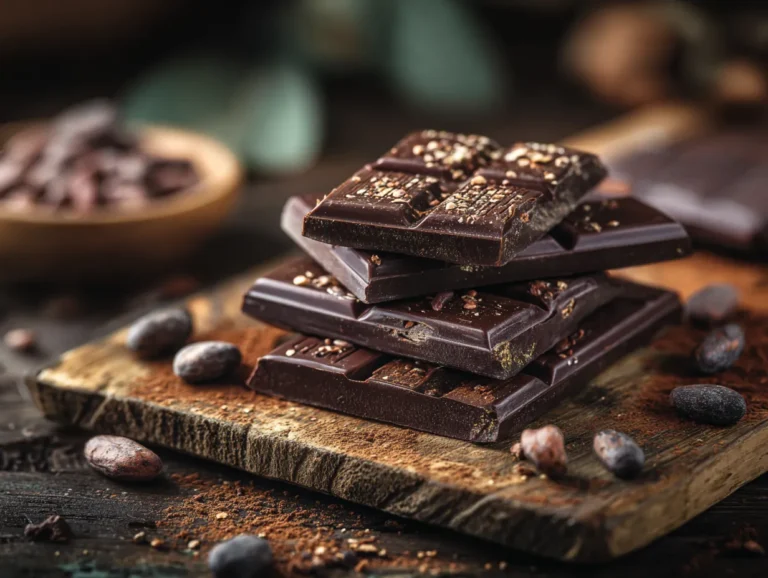
vegan chocolate
5 Stars 4 Stars 3 Stars 2 Stars 1 Star
No reviews
Discover how to bake and enjoy rich vegan chocolate desserts with this complete guide from Chef James. Includes top vegan chocolate brands, baking tips, and expert storage guidance — perfect for plant-based treats, mousse, ganache, and tiramisu.
- Total Time: 15 minutes
- Yield: 12 servings
Ingredients
🌱 Vegan Chocolate Essentials:
High-quality vegan chocolate bars or chips (Hu, Theo, Enjoy Life)
Optional coconut oil (for smoother melt)
Cocoa powder (for mousse and frosting bases)
Plant-based milk (oat, almond, or coconut)
Vegan butter or coconut cream (for ganache and frosting)
Sweeteners (cane sugar, maple syrup, coconut sugar)
Optional: vanilla extract, almond extract, or instant coffee
Instructions
1. Choose high-quality vegan chocolate with no dairy ingredients (70%+ dark chocolate or certified vegan).
2. Melt chocolate using a double boiler or microwave (50% power, stir every 30 seconds).
3. For smoother texture, stir in a teaspoon of coconut oil or warm plant milk.
4. Use melted chocolate for frosting, truffles, mousse, or coating desserts like strawberries or protein bars.
5. For ganache, mix melted chocolate with warmed coconut cream until smooth and glossy.
6. For mousse, combine melted chocolate with whipped aquafaba, silken tofu, or coconut cream.
7. Always store chocolate in a cool, dry place — avoid refrigeration to prevent sugar bloom.
Notes
Use certified vegan chocolate chips (Enjoy Life) for allergy-safe baking.
Add vanilla or almond extract for depth of flavor.
Don’t overheat chocolate — it burns quickly without dairy.
Store chocolate between 65–70°F (18–21°C) away from sunlight.
Perfect for vegan tiramisu, chocolate sheet cake, or no-bake desserts.
- Author: Chef James
- Prep Time: 10 minutes
- Cook Time: 5 minutes
- Category: Dessert
- Method: No-Bake, Melted
- Cuisine: Vegan, Plant-Based
- Diet: Vegan
Nutrition
- Serving Size: 1 portion
- Calories: 180
- Sugar: 12g
- Sodium: 5mg
- Fat: 13g
- Saturated Fat: 8g
- Unsaturated Fat: 5g
- Trans Fat: 0g
- Carbohydrates: 16g
- Fiber: 3g
- Protein: 2g
- Cholesterol: 0mg
Conclusion
Vegan chocolate isn’t just a dairy-free alternative—it’s a whole new world of flavor, texture, ethics, and creativity in dessert-making. Whether you prefer rich dark bars, creamy vegan milk chocolate, or smooth white varieties made with coconut milk, there are endless possibilities waiting in your pantry.
From everyday treats to elegant desserts like vegan tiramisu and vegan chocolate sheet cake, dairy-free chocolate proves you never have to sacrifice taste to bake plant-based.
As always, I build every guide using strong E-E-A-T principles, evidence-based facts, and safety recommendations from trusted resources like the **USDA so you can enjoy every dessert confidently and deliciously.
If you try one of the recipes linked above, come back and tell me what you thought—I love hearing from you!
Happy (vegan) baking,
— Chef James
